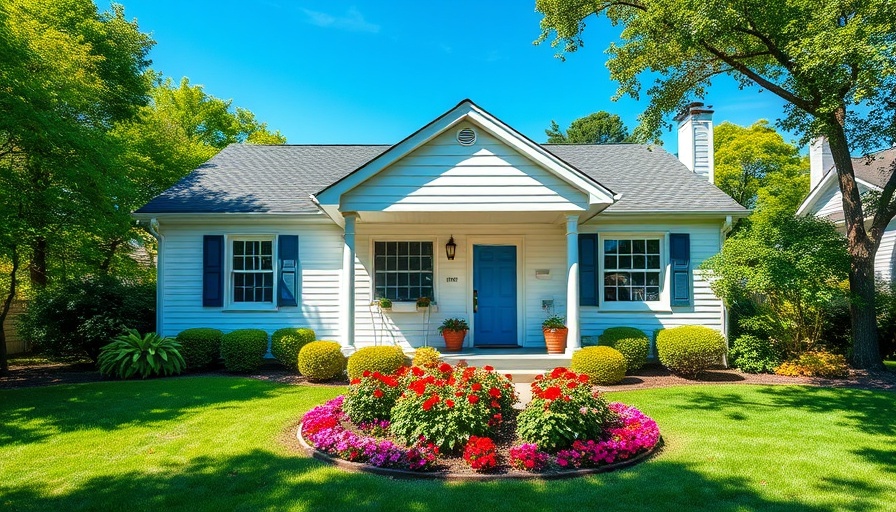
Why Security Cameras Matter for Your Home
Protecting your home isn’t just about locks and alarms; it’s about deterring crime with the right technology. One effective strategy is the placement of security cameras. Not only do they provide peace of mind, but they can also be invaluable in deterring potential intruders. By strategically positioning cameras, you create a formidable barrier against criminal activity.
Key Locations for Your Security Cameras
Observing where you install your cameras can mean all the difference in security. Here are crucial areas to target:
- Windows: Many break-ins don’t occur at the front door. Windows, especially on the ground floor, often go unmonitored and can become easy access points. Install cameras nearby to keep an eye on these potential vulnerabilities.
- Entryways: Doors are primary entry points. Ensure that your main entrance and side/back doors are visible to a camera. Thieves prefer less observed areas, so coverage here is paramount.
- Driveways: Parking areas are at risk, especially at night. Implementing cameras with night vision functionality protects your vehicles, aiding in recovery should any theft occur.
- Stairways and Hallways: Criminals may move through less visible spaces like hallways. Monitoring these paths ensures you capture any unauthorized movements inside your home.
- Common Areas: High-traffic spots like living rooms and kitchens may harbor valuable items. Surveillance here ensures that if something goes missing, you have footage to identify the culprit.
Funding Your Home Security Measures
Once you've mapped out camera placements, consider financing options that could facilitate your security upgrades. Look into home loans or financing plans from partners like Rocket Mortgage to help make these necessary investments a reality.
Conclusion: Take the First Step in Securing Your Home
By proactively placing security cameras at strategic locations, you can enhance the safety of your new home significantly. From monitoring entry points to interior movement, proper camera placement is key to deterring crime. To make these enhancements accessible, explore financial options tailored for your home improvement needs. Your home security is worth the investment!
 Add Row
Add Row  Add
Add 




Write A Comment